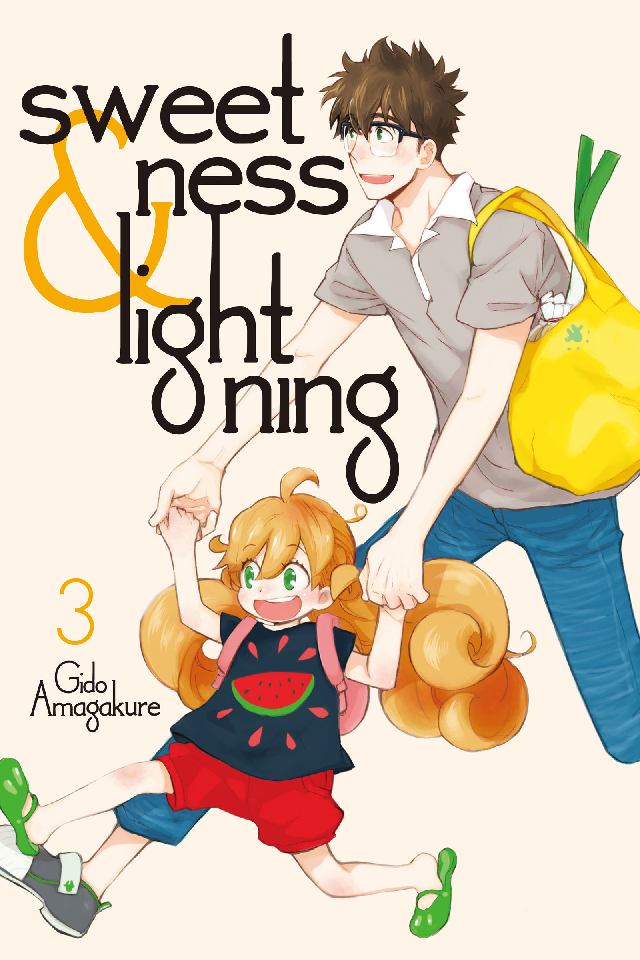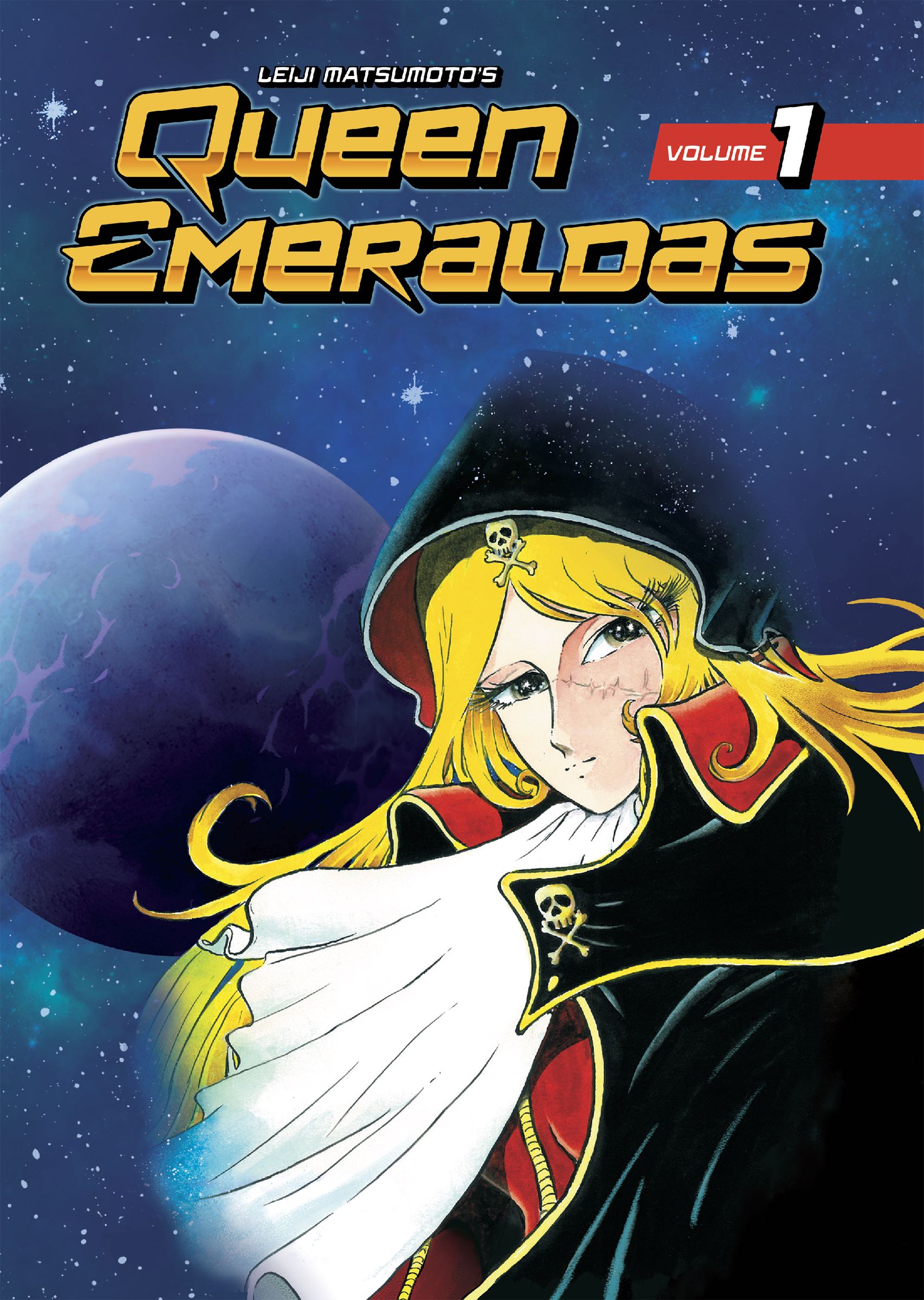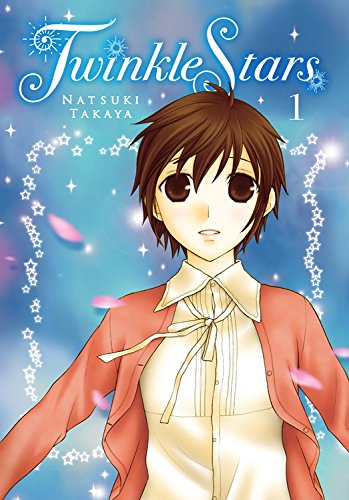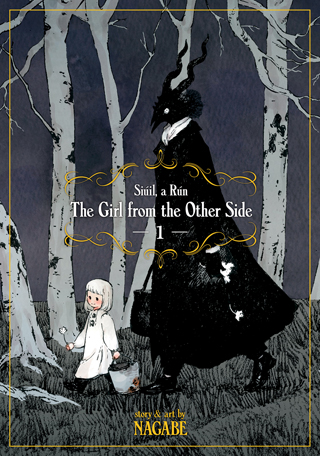I started at my new job in April, which has gone pretty well so far, but it has still been a bit of a stressful transition moving from one library to another. As a result, considering my tendency to …
My Week in Manga: May 1-May 7, 2017
My News and Reviews Last week at Experiments in Manga, the winner of the Queen Emeraldas manga giveaway was announced. The post also includes a list of some of the manga available in English which …
Continue Reading about My Week in Manga: May 1-May 7, 2017 →
Manga Giveaway: Queen Emeraldas Giveaway Winner
And the winner of the Queen Emeraldas manga giveaway is... Sofia! As the winner, Sofia will be receiving a copy of the first volume of Leiji Matsumoto's Queen Emeraldas as published in English (and …
Continue Reading about Manga Giveaway: Queen Emeraldas Giveaway Winner →
My Week in Manga: April 24-April 30, 2016
My News and Reviews Last week at Experiments in Manga I posted two features in addition to the usual My Week in Manga. First up was the monthly giveaway. The winner will be announced on Wednesday, …
Continue Reading about My Week in Manga: April 24-April 30, 2016 →
The Girl from the Other Side: Siúil, a Rún, Volume 1
Creator: Nagabe Translator: Adrienne Beck Adapter: Ysabet Reinhardt MacFarlane U.S. publisher: Seven Seas ISBN: 9781626924673 Released: January 2017 Original run: 2016 The Girl from the Other …
Continue Reading about The Girl from the Other Side: Siúil, a Rún, Volume 1 →
Manga Giveaway: Queen Emeraldas Giveaway
It's that time again! The end of the month is fast approaching which means another giveaway at Experiments in Manga is now underway! This month's giveaway features Queen Emeraldas, Volume 1 by Leiji …
Continue Reading about Manga Giveaway: Queen Emeraldas Giveaway →



